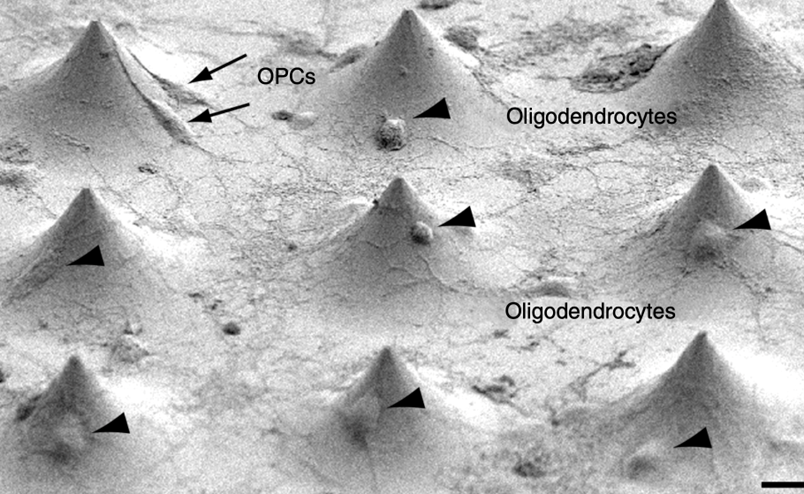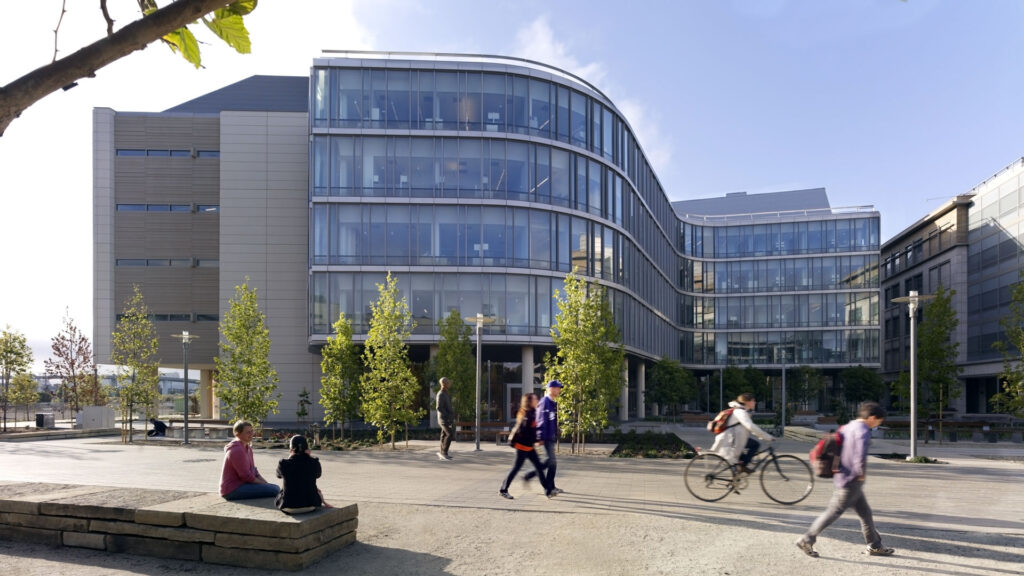This Phase I/II clinical trial will assess the efficacy, safety, and tolerability of an identified compound in the promotion of remyelination in patients with chronic demyelinating lesions in the brain. This investigational drug was approved for the treatment of allergic rhinitis by the Food and Drug Administration (FDA) in 1977. Since then, the medication has been identified at UCSF as a compound that potentially enhances oligodendrocyte differentiation and remyelination. However, it is not approved as a therapy for chronic demyelinating lesions.
Study participants will be asked to come to the UCSF Multiple Sclerosis Center at least 3 times over approximately 6 months. Participation will include an initial screening visit to determine eligibility, and 2 follow-up visits (3 months and 6 months after the screening visit). All study visits will occur at the UCSF campus. Most visits will take about 5 hours.


Study participation will involve taking the study drug by mouth, twice each day, or the equivalent amount of placebo. Participants will be randomized into one of two groups: Group A and Group B. Group A will first receive clemastine for 3 months, followed by placebo for another 3 months. Group B will first receive placebo for 3 months, followed by clemastine for another 3 months. Both groups will end clemastine/placebo at 6 months. Patients in this study can remain on their standard disease modifying treatment during the course of the study. However, patients cannot participate in any other investigational new drug research study for which drug effects on remyelination are unknown.
